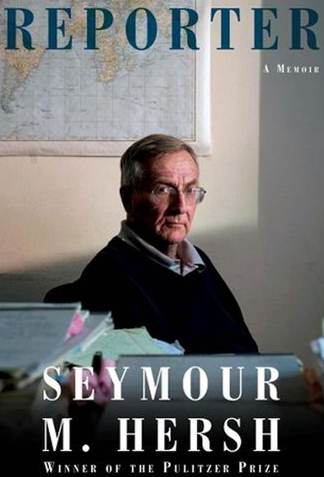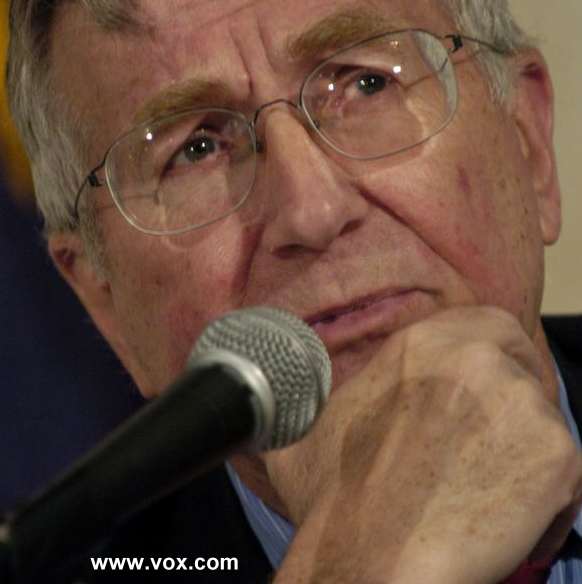Nick
Catalano is a TV writer/producer and Professor of Literature
and Music at Pace University. He reviews books and music for
several journals and is the author of Clifford
Brown: The Life and Art of the Legendary Jazz Trumpeter,
New York
Nights: Performing, Producing and Writing in Gotham
and A
New Yorker at Sea. His latest book, Tales
of a Hamptons Sailor, is now available. For Nick's
reviews, visit his website: www.nickcatalano.net
Truth
comes to us in fits and starts; it is never complete and always
challenged. We may think we know reality but are constantly
deceived. Great dramas (Oedipus, Hamlet) and distinctive
films (Charlie Wilson’s War) teach us that the
appearance of truth and the reality of truth are constantly
at war, weaponized by powerful ironies that repetitively befuddle
us. And, if we follow the most intellectual truth seekers who
relentlessly strive to examine all sides of an issue, we can
still fall short; their queries are frequently unpopular, usually
controversial, and often indeterminable.
The
phenomenon of uncertainty about truth has caused fear and trepidation
in humans for eons resulting in their acceptance of false logic
or bizarre beliefs from leaders/regimes seeking to increase
power and influence (c.f. my essay “Demagogues:
The Rhetoric of Barbarism”). Clever rhetoric,
statistical distortion and outright lies have always proven
expedient tools to manipulate cultures so eager to escape the
fear of not knowing that they reach out to accept only versions
of truth that will assuage their anxieties; i.e. some will only
watch Fox News while others will only watch MSNBC. Sober reasoning
gets thrown to the wolves with bigotry, racism and intolerance
abounding in our imperfect world.
 Therein
lies an existentially bleak fate of humanity. Because of the
elusiveness of absolute truth, Jean Paul Sartre viewed the earth
as an irrational, meaningless sphere; existence was absurd,
life had no sense, no purpose, no explanation.
Therein
lies an existentially bleak fate of humanity. Because of the
elusiveness of absolute truth, Jean Paul Sartre viewed the earth
as an irrational, meaningless sphere; existence was absurd,
life had no sense, no purpose, no explanation.
However,
for those unwilling to sit passively in a Paris café
as did Sartre and Simon de Beauvoir and drink themselves to
death because they can never know absolute truth, society does
provide paths, however imperfectly, to some truth. One path
resides in the U.S. Constitution whose first amendment in the
Bill of Rights is freedom of the press.
This
decree is perhaps the greatest achievement of democracy and
has heretofore been totally unachievable in totalitarian governments.
But even here there is no perfect yardstick to truth; defects
arise from yellow journalism, ‘fake’ news, false
assertions and blatantly biased commentary.
Nevertheless,
in this sphere there is a source that can lead to high attainment
of truth, despite all attempts at quashing or distorting it
– that source is the investigative reporter. While all
reporters are human and often victims of unintentional bias,
once in a generation one comes along endowed with honesty, focus,
determination, intellect and courage.
In
our time that figure is Seymour Hersh. In his half-century of
uncovering lies, exposing deceits and rectifying distortions,
Hersh has achieved an unmatchable record of rendering shocking
truth whenever he writes. And now, we have the long litany of
his revelations in  one
volume.
one
volume.
His
new book Reporter: A Memoir (Knopf) is unlike any book
you’ve ever read or are likely to read. Page after page
of taut fact will have you squirming with frustration because
you were absolutely sure you knew the truth about someone or
some event and now you discover you were wrong.
How
did Hersh become this beacon of light? Well, he’s an indefatigable
street reporter (Chicago) with a superior intellect and uncanny
ability to see all sides, and never be emotionally swayed from
the truth no matter that God himself is doing the talking --
everyone’s’ account of truth must be fact-checked.
One of his favourite shibboleths: “If your mother says
she loves you, check it out.”
Although
he admits to a liberal bent in his political beliefs, he fills
his book with accounts of deception from the entire political
spectrum. Conservative falsehoods from Nixon, Cheney and Kissinger
(who “lies like most people breathe”) are laid bare
as are untruths from liberals McNamara (“a psychotic liar”),
Clinton and Obama. He reveals deceptions hidden from the public
by mendacious political officials and military leaders of stature
with pinpoint accuracy (his reporting of the My Lai massacre
in Vietnam won him a Pulitzer and his stories about our military
violence in Abu Gharib turned the Pentagon upside down). In
his efforts to objectify he often stands alone (he actually
explains away some actions by Syria’s Assad).
His
take on the Trump situation is another case in point. While
dismissing Trump and his panoply of faults, Hersh points out
how cable news media is playing his game of exposure mania by
flooding their programming with his face while garnering huge
ratings and profits as a result.
Although
a star on the high altars of journalistic excellence and integrity
(The New York Times and The New Yorker magazine),
Hersh’s loyalty to these media saints never prevents him
from calling a spade a spade. When legendary editors such as
A.M. Rosenthal and David Remnick fall short of the mark he always
fights for his diligence and most often prevails. And when the
most prestigious beacon of journalistic truth (The New York
Times) waffles on his astounding accounts of corruption
at the corporate giant Gulf and Western, he quietly resigns.
On occasion even the NY Times surrenders to corporate
power just as CBS once did when cigarette producers quashed
the 60 Minutes story on smoker addiction. Hersh ominously
declares that the corporate world always wins.
His
amazing dedication to objectivity and truth is notably illustrated
in his writings about the CIA. He unwaveringly reports on the
horrors committed by the agency in undermining Allende’s
Chilean government, and in orchestrating the Daniel Ellsberg
break-in plot together with other misdeeds. However, at other
times when the agency achieves altruistic goals, he is quick
to issue praise. He credits CIA intelligence during the India-Pakistan
crises in averting nuclear conflict, and he heaps praise on
Robert Gates for courageous activity during his tenure as director.
The
apparent vacillation in that reporting and in many other issues
reflects the insidious history of truth. What many fail to note
is that truths of every kind undergo evolution and change. There
are many examples: Ptolemy’s heliocentric theory of the
solar system was modified by Copernicus after a millennium of
acceptance; Newton’s laws of gravity have unquestioned
validity in our solar system but Einstein’s theory and
other astrophysical research indicate that they may not be absolute
in a black hole universe.
Apart
from the importance of verifiable scientific truth, Hersh’s
reporting is conspicuously valuable for us because it deals
with the world of biases, opinions and subjective attitudes.
The digitalized media, the tweeting and the rhetorical hyperbole
of the present day have misinformed, deluded, hoodwinked, and
deceived even well-educated citizens in a manner unmatched in
history.
Ever
since rhetoric evolved in the ancient world, liars and dissemblers
have victimized human society. Perhaps one day science will
give us liar-proof technology but until then our best bets are
dedicated truth seekers like Seymour Hersh.